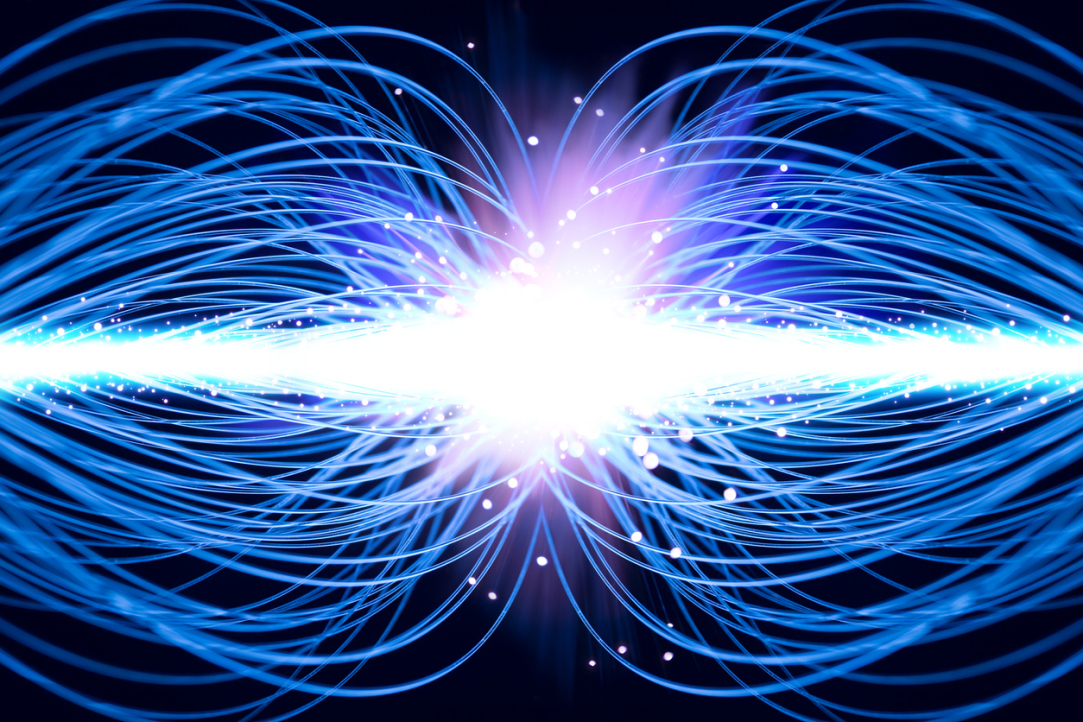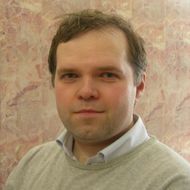HSE University among Founders of Super C-Tau Factory

Ten universities and institutes have announced a partnership to construct an electron-positron collider in order to study the production and properties of charmed particles and tau leptons. The new experiment will be part of the Super C-Tau Factory project. It was founded by two international teams and eight from Russia, including HSE University.
Super C-Tau Factory is one of six mega-science projects selected by a government committee for implementation in the Russian Federation. The project includes the creation of an electron-positron collider and a detector to analyze the results of collision experiments.
The aim of the project is to conduct comprehensive research into the charm quarks of D mesons and tau leptons. The study of D mesons will provide insight into the early evolution of the universe, and could also explain the mystery of the antimatter created after the Big Bang. Researchers are particularly interested in this aspect in light of the discovery of CP violation in charm meson decays in 2019. Research into tau leptons should shed light on the recent headline-making discoveries of violation of lepton flavor—a process that does not fit in with the modern understanding of the Standard Model of elementary particles.
Super C-Tau Factory will include an accelerator capable of forming intense beams of electrons and positrons, as well as a detector to register and identify the particles created by the collisions of electrons and positrons. The new experiment will add to studies into charmed particles conducted at the LHCb detector at CERN (Geneva) and Belle II in Japan.
HSE University is participating in both ‘charmed’ experiments. The Laboratory of Methods for Big Data Analysis (LAMBDA) is working with the Yandex School of Data Analysis to develop advanced machine-learning methods in order to optimize the detectors and facilitate the collection, processing, and analysis of data in the LHCb experiment. The International Laboratory of Elementary Particle Physics (MIEM) and the Lebedev Physical Institute are providing operational support for the muon detector and are developing physical data analysis as part of the Belle II experiment. The researchers are confident that these unique competencies will be helpful in designing and operating the detector due to be constructed for the Super C-Tau Factory.
The electron-positron accelerator for this project will be built in Sarov in the Nizhny Novgorod region. Construction will take place as part of the activities of the National Centre of Physics and Mathematics founded by the Rosatom State Corporation.

Fedor Ratnikov, Leading Research Fellow of the Laboratory of Methods for Big Data Analysis, speaking on behalf of HSE University to the international council of the new partnership
‘The new experiment will allow us to obtain highly precise measurements of many properties of the matter in our universe. The joint measurement of the properties of beauty quarks and measurements of charmed quarks will help produce the most comprehensive picture of the Standard Model—the fundamental model of our universe.'
Prof. Pavel Pakhlov, Corresponding Member of the Russian Academy of Sciences, Chief Research Fellow of the Lebedev Physical Institute, and Leading Research Fellow of the International Laboratory of Elementary Particle Physics (MIEM) at HSE University, was unanimously elected spokesman of the new partnership during the first meeting of its international council in Novosibirsk.

Professor Pavel Pakhlov
‘By launching a new international project, we of course hope to make new discoveries in the fundamental research of the properties of matter. More importantly, however, by launching it in Russia, we have an opportunity to participate in research on par with the world’s scientific elite. The three main features of the project are its large scale, the opportunity it provides to participate in world-class research, and—perhaps most significantly—its feasibility.’

Denis Derkach, Senior Research Fellow of the Laboratory of Methods for Big Data Analysis
‘The experiments at Super C-Tau will allow HSE University to build upon its competencies in the application of machine learning in physics, as well as open a new field of expertise for our university in the design and construction of large experimental facilities. We have expertise in the use of generative adversarial networks to simulate detector behavior and in other applications of machine learning. The project will provide opportunities for HSE students and postgrads to be trained by major Russian and international centres and for foreign experts to visit Moscow.'

